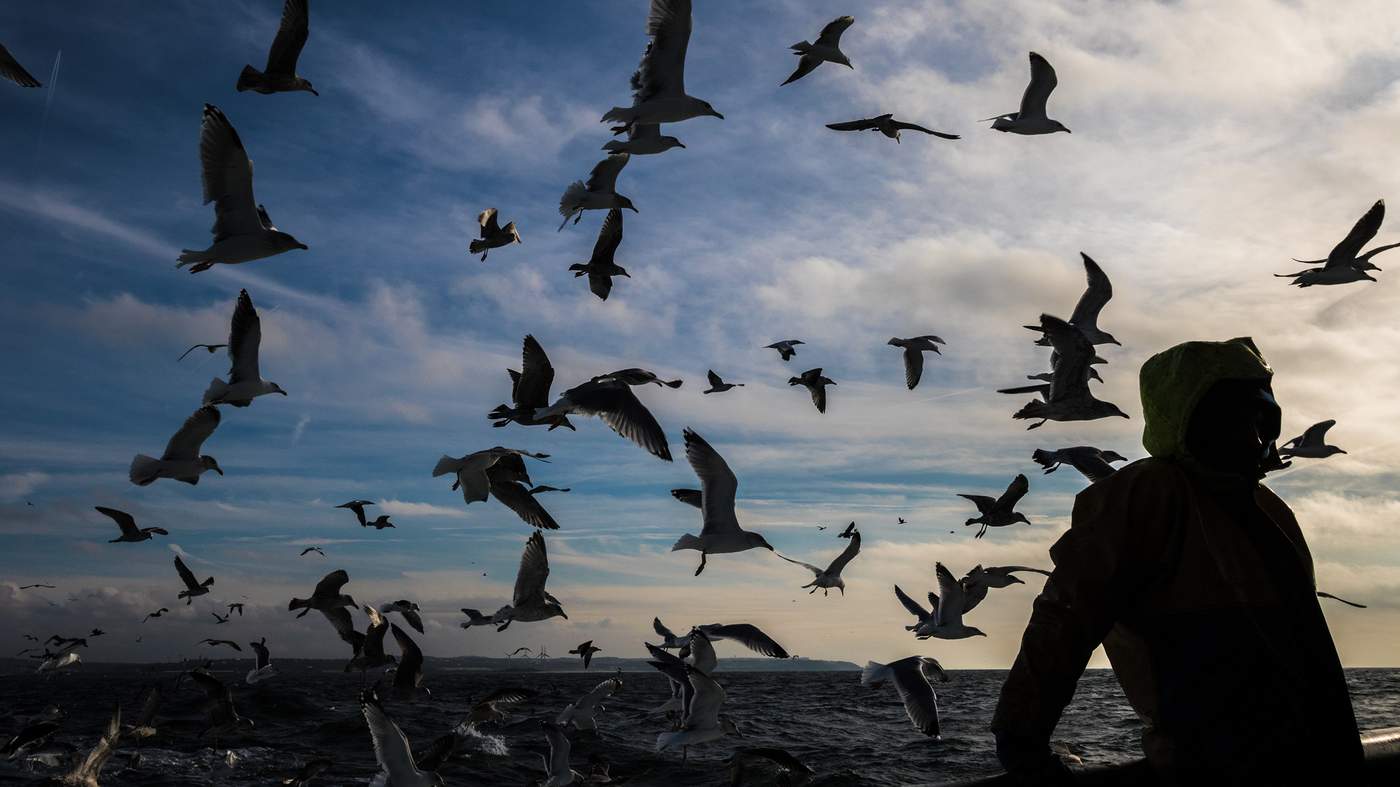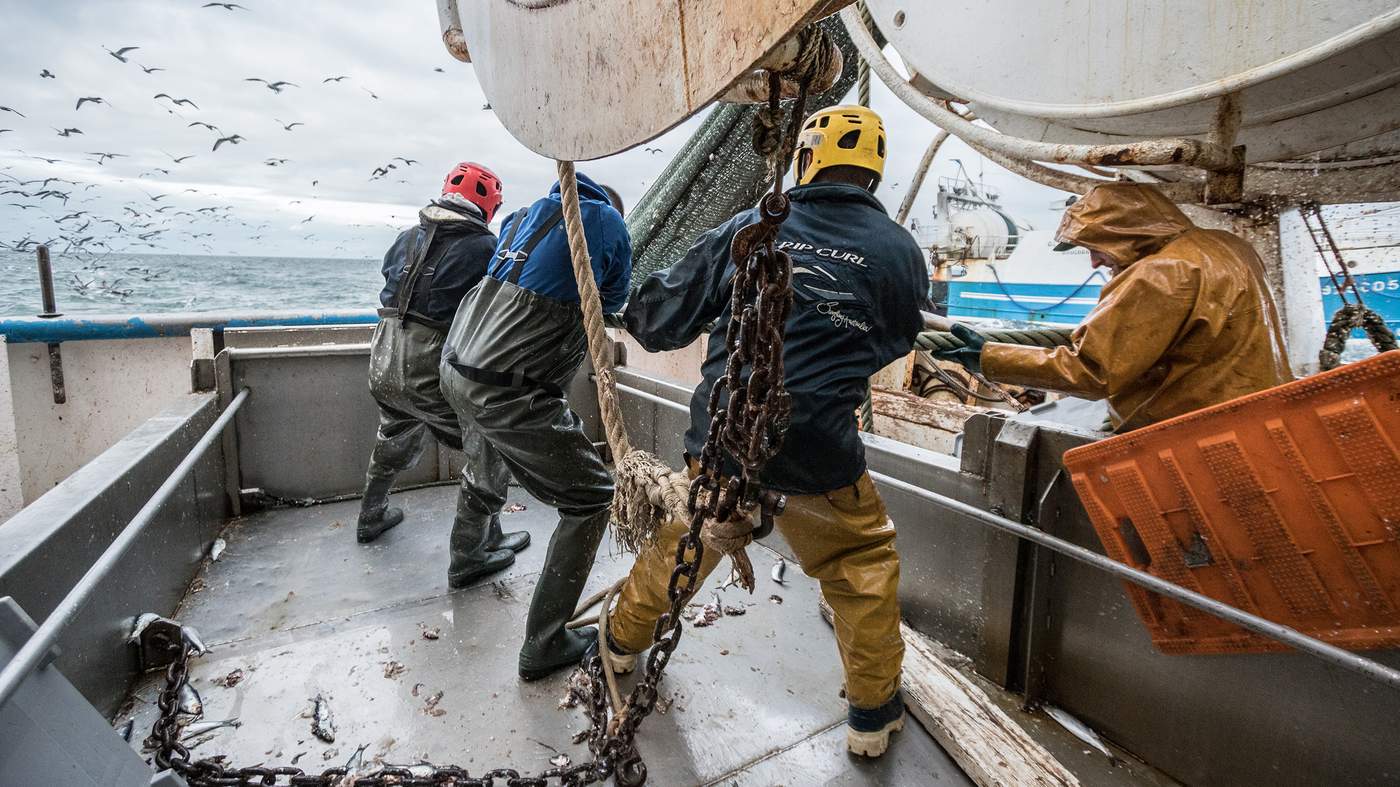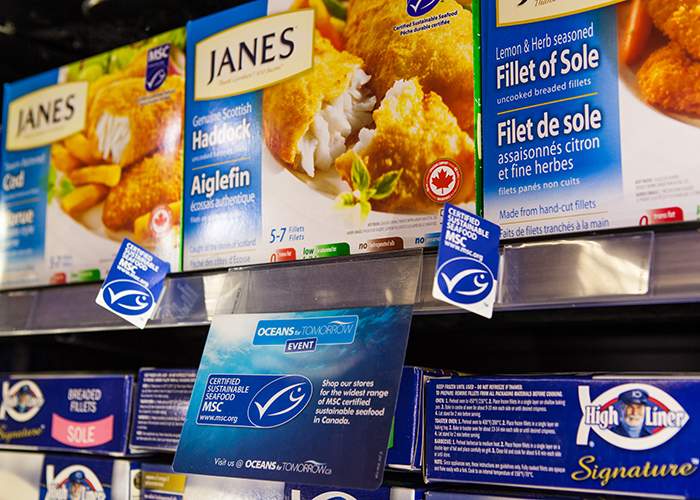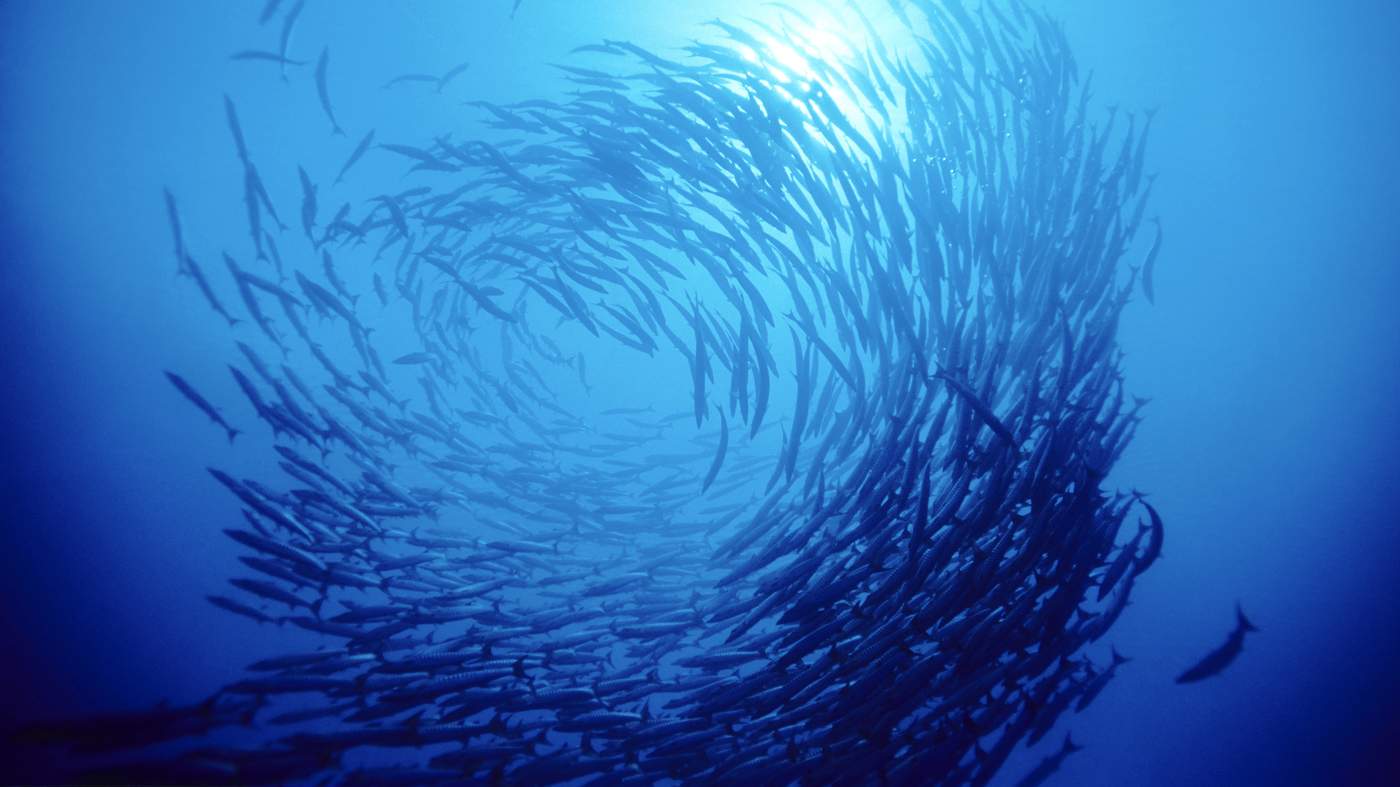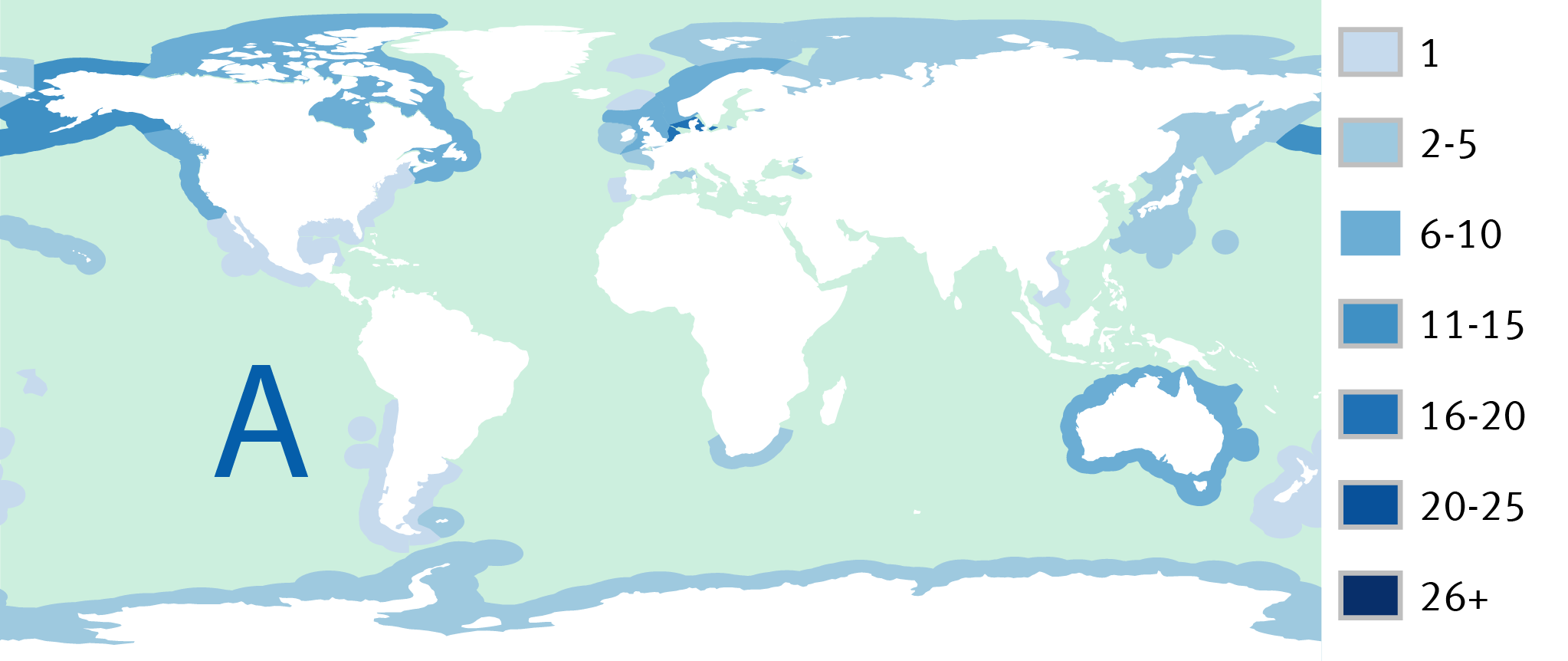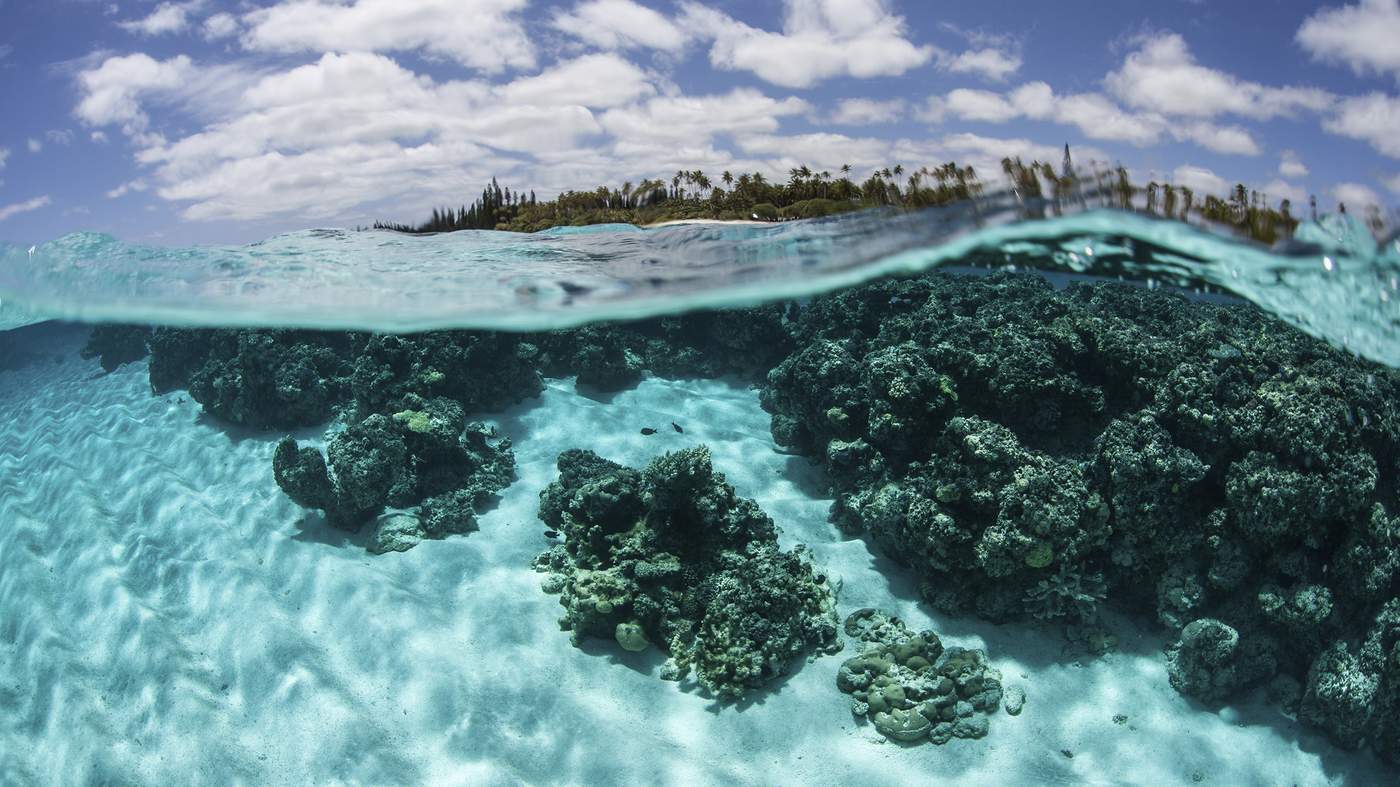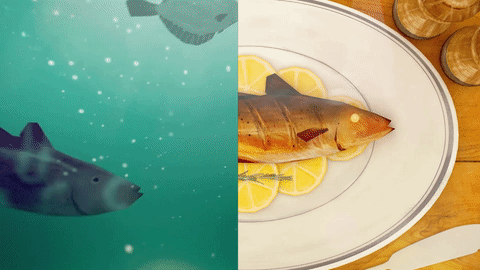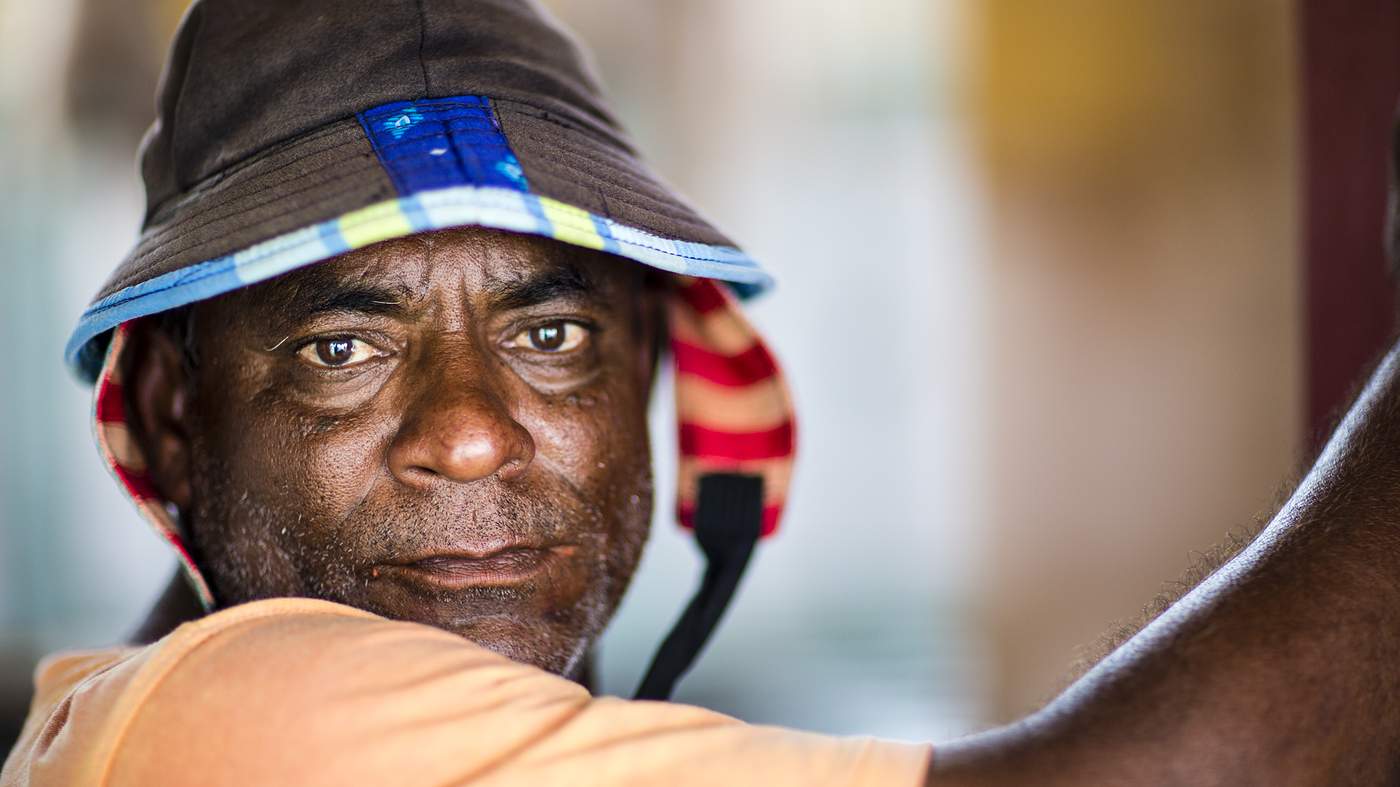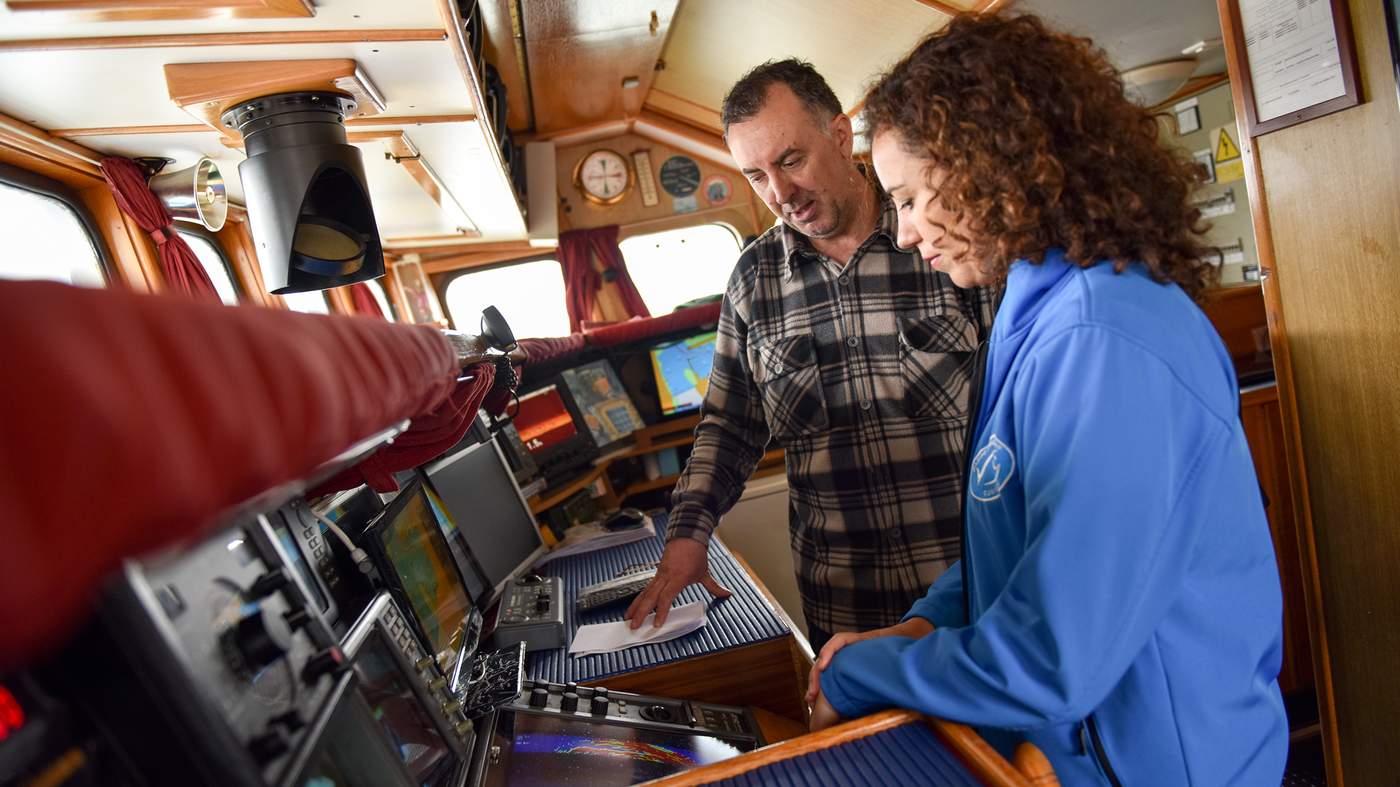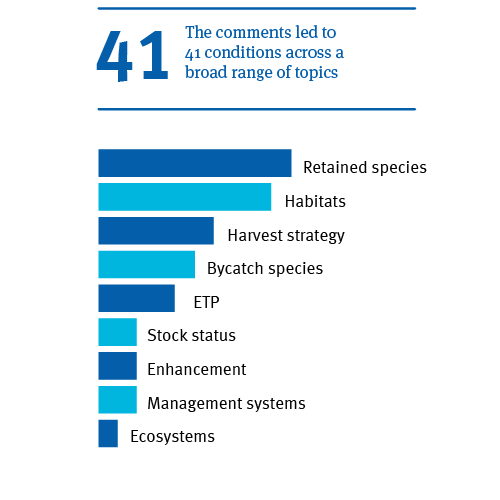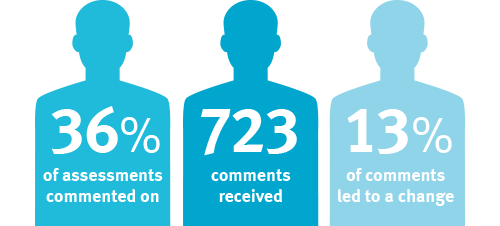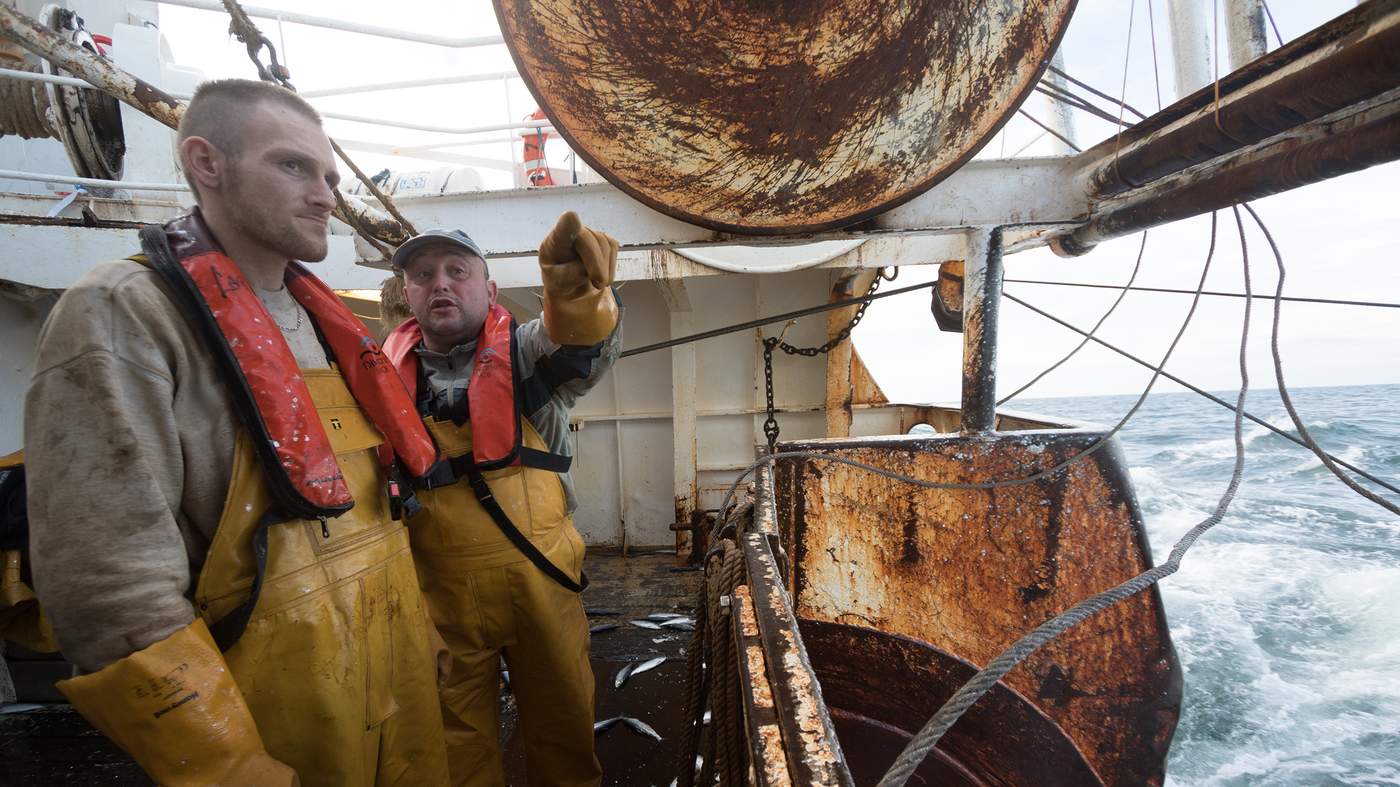Oceans are essential to life on Earth. They are home to an extraordinary diversity of life, covering more than 70% of the planet's surface. They supply the oxygen we breathe and regulate the climate.
Oceans provide essential protein for around a billion people, while around one in every 10 people on the planet depends on fishing for their livelihood.
So it’s vital that fish stocks and the marine ecosystems that support them are looked after. Seafood leaders understand that this is their responsibility.
From artisanal fishers to large-scale fishing operations, increasing efforts are under way to restore and responsibly exploit fish stocks, improve fisheries management and conserve marine environments.
Of the 120 million people employed in the fisheries sector, 90% work in small-scale fisheries, and 97% live in developing countries.
Small-scale and developing world fisheries may lack the resources, data and governance they need to achieve MSC certification.
But we're committed to ensuring that these fisheries have fair and equal access. We have developed a series of tools and initiatives to help them take their first step on the road to environmental sustainability.
The artisanal Kenyan rock lobster fishery underwent a pre-assessment using the MSC accessibility tools in 2010. The tools that help them prioritize actions include:
- developing a fishery management plan
- researching the biology of lobster species
- assessing stock health
- controlling minimum size restriction per catch
- regulating gear used
- community run protected areas.
“MSC certification is a long term goal, but already the MSC framework is helping our FIP to deliver real improvements in the fishery. It’s helped us identify issues and information gaps, create a clear action plan, track performance and report on our progress.”
MSC certified fisheries have made numerous improvements to their operations over recent years.
They have shown their commitment to sustainability by dedicating significant time, energy and resources to meeting the MSC Standard.
The progress that certified fisheries have made, and continue to make, is hugely encouraging; however, 90% of global wild seafood catch is not yet part of the MSC program.
Another key challenge is to overcome the barriers to certification for fisheries in the developing world and small-scale fisheries, and to build their capacity for effective and sustainable fisheries management.
This will help improve food security and resilience for communities, while also supporting their economic development by enabling them to access new markets for sustainable seafood.
Share this report:
More MSC stories:
Beating Bird Bycatch: Smarter fishing practices dramatically reduce the number of seabirds deaths >
Big data, bigger lobsters - How better data on lobster populations helps to manage stocks sustainably >
Follow us on Facebook
All images subject to copyright

